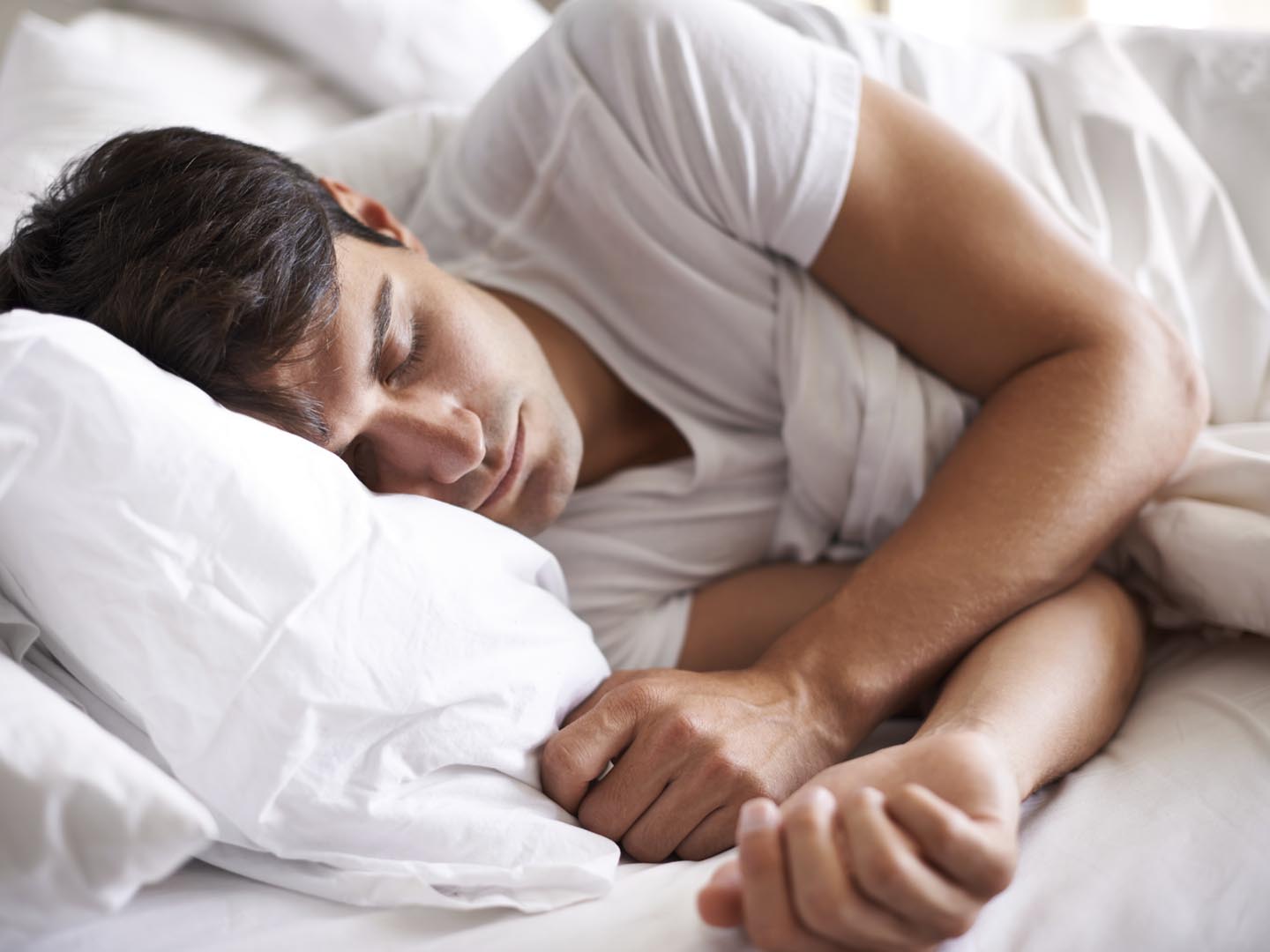Take a Nap?
Are naps really good for us? I heard that not getting enough sleep at night can mess up your hormones and that napping can restore them to normal. Is this true?
Andrew Weil, M.D. | June 11, 2015

A small, new study from France suggests that a daytime nap – or two – is a good idea when you haven’t had a full night’s sleep. Researchers at the University of Paris investigated the hormonal impact of insufficient sleep and found that it more than doubled levels of norepinephrine, a hormone that’s involved in our “fight-or-flight” response to stress. Scant sleep also had a negative impact on levels of interleukin-6, a protein with antiviral properties that is measured in saliva.
The researchers recruited 11 healthy men between the ages of 25 and 32 for their study. The men agreed to attend three sessions in a sleep laboratory where lighting and meals were strictly controlled. During one of these sessions, the men were limited to only two hours of sleep between two to four a.m., after which the researchers collected urine and saliva samples to test for hormone and interleukin-6 levels. At another session, the men slept only for two hours at night but were allowed to take two 30-minute naps the next day. Their urine and saliva tests taken before the naps showed that hormone levels were sub-optimal, but after their naps, their levels were back to normal. At a third session, they were allowed a full night of sleep.
Most people get more than two hours of sleep a night, but surveys show that nearly three out of 10 adults in this country report sleeping six hours or less. According to the National Sleep Foundation, young people and adults between the ages of 18 and 64 need seven to nine hours of sleep, while seniors can make do with between seven and eight hours. School age kids need nine to eleven hours sleep while teenagers need eight to 10 hours.
The French study is the first to show that napping can be beneficial in countering the unhealthy hormonal effects of a poor night’s sleep by “helping the immune and neuroendocrine systems to recover,” said lead author Brice Faraut.
I’m a big fan of napping. We know that it boosts alertness and productivity. The National Sleep Foundation reports that dozing off for 20 to 30 minutes is the ideal amount of time to sharpen your alertness. Longer naps can leave you feeling groggy and can interfere with sleep at night, although sleep experts say that an hour-long nap can help your memory for facts, places and faces, and a 90-minute nap has been found to boost creativity.
Andrew Weil, M.D.
Sources:
Brice Faraut et al “Napping Reverses the Salivary Interleukin-6 and Urinary Norepinephrine Changes Induced by Sleep Restriction.” Journal of Clinical Endocrinology & Metabolism, DOI: http://dx.doi.org/10.1210/jc.2014-2566









